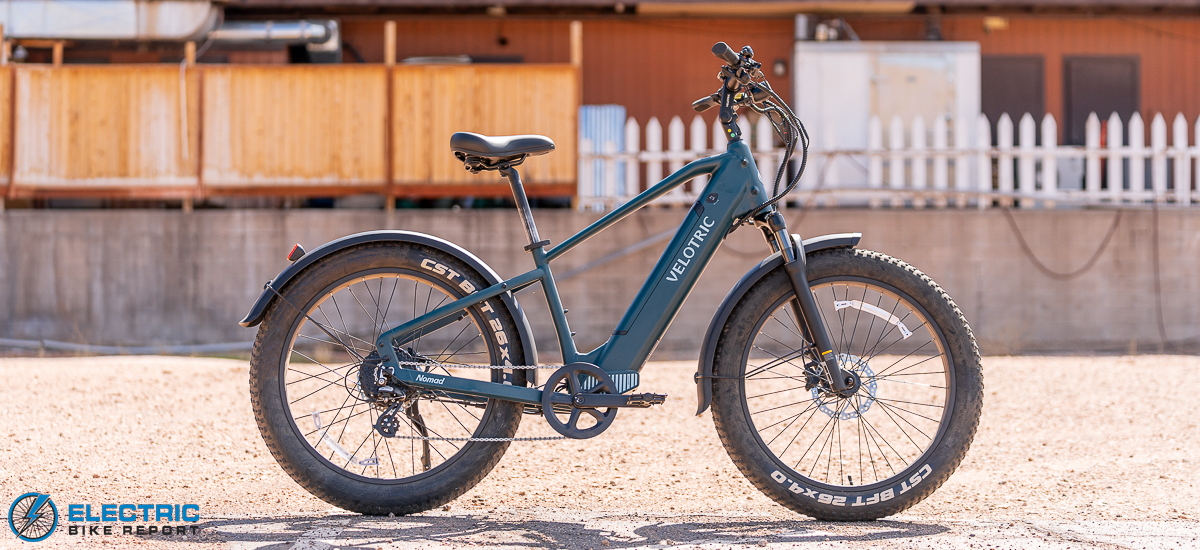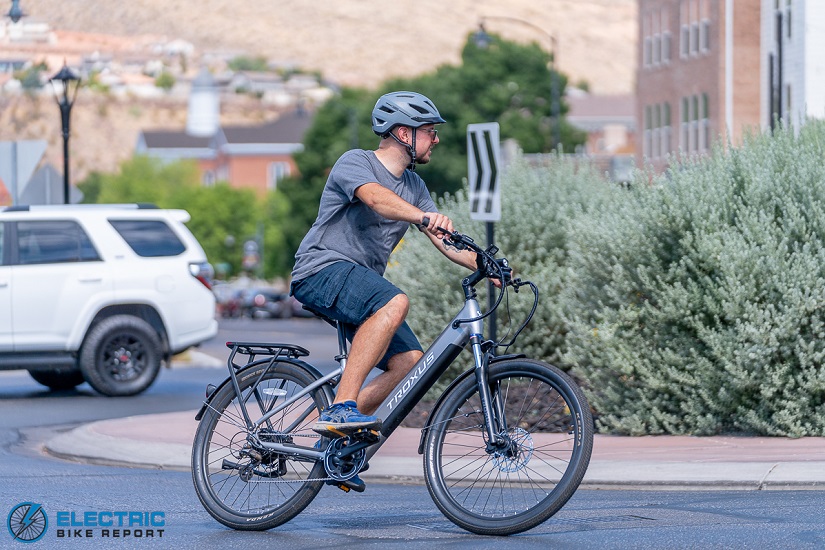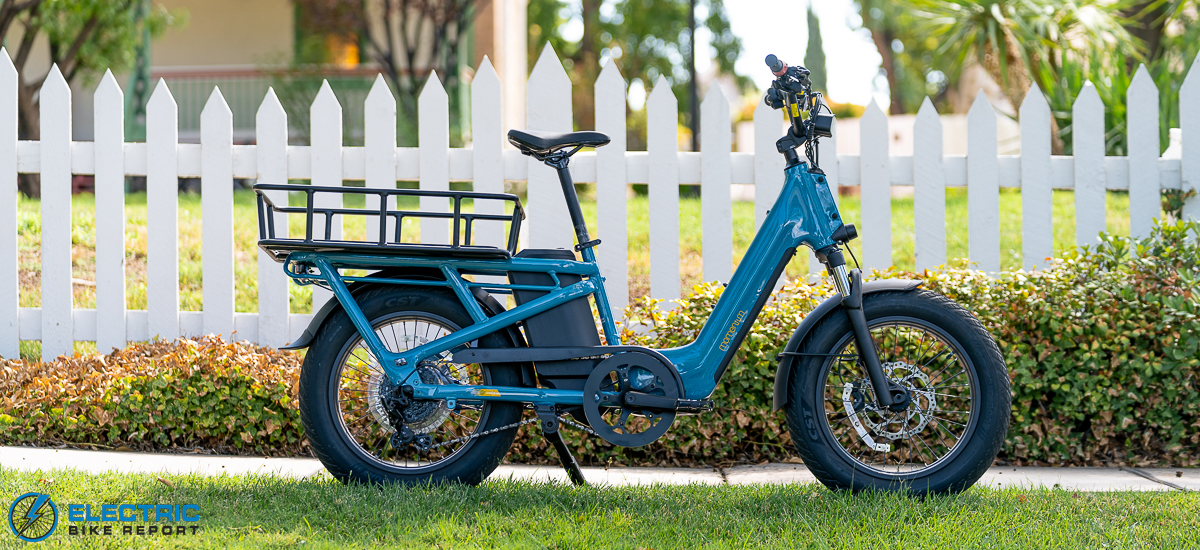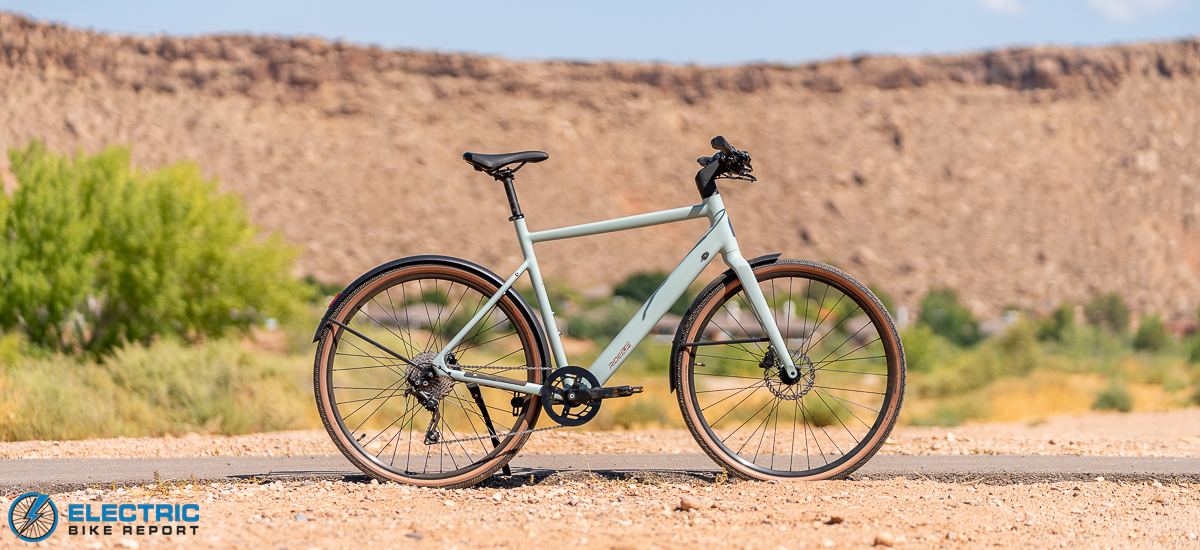
Some links may be affiliate links. We may get paid if you buy something or take an action after clicking one of these.
The battery uses iodine and bromine and offers impressive energy density.


It sounds like the plot of a ridiculous sci-fi movie, except for the fact that it’s not. Scientists in China have created a battery that uses water as a primary component in the battery.
Researchers at the Dalian Institute of Chemical Physics, led by professor Li Xianfeng, created a water-based battery that uses a mixed halogen solution. Bromine and iodine were used to create a multi-electron cathode—the negative side of the battery.
Aside from the obvious advantage of using something far more plentiful than lithium, the aqueous battery proved to be very energy dense, providing specific capacity of 840Ah/L (amp-hours per liter) and energy density of up to 1200Wh/L (watt-hours per liter).
The distance between publishing a study in Nature Energy and bringing a commercial product to market is vast, but studies like this give a glimpse of what our future holds.
Sponsors
Reader Interactions
![]()
![]()






